#child culture
Text
The idea is that this is some kind of 'haha gotcha!' moment, like offering a high-five and saying 'too slow!'.
Just realised this says 'did you' and not 'did anyone' - also vote yes if this was done to you or you witnessed it!
33 notes
·
View notes
Text
seriously have been thinking about this all night long. call me autistic but the fact that 90% of workplaces the point is not to get your work done and then be done doing it but to instead perform an elaborate social dance in which you find something to do even when you're done doing everything you need to do in order to show your fellow workers that you, too, are Working . because you are at Work . disgusting why cant we all agree that if there is no work immediately to be done. we just dont do anything
#i personally like to not be doing things constantly at all times. it stresses me out#i know there are ppl who thrive on cosntant activity#but me i like to chill out.#and the problem then becomes that i only ACTIVELY remember to do work and Find More Work To Do when im stressed#at the thought that others might want to see me working#if im ever relaxed i just dont look for stuff to do#catch 22 of modern work culture which permeates even ostensibly noncapitalist structures like public libraries#for instance: will it really kill anybody if the books get shelved by me now after a very busy day?#or shelved tomorrow morning by. well probably me since i'll be the one at the desk#not in the slightest#but it was work that wasnt being immediately done by me. therefore it was incorrect behavior#that i failed to identify because my instinct is to relax when not immediately presented with a Situation#this got me labeled as 'having no initiative' by my dad from a very early age#and even as an adult i still feel like im a child with no initiative
55K notes
·
View notes
Text
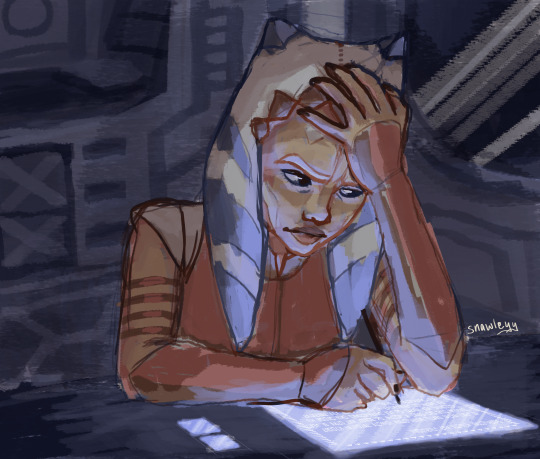
late night study
#rough sketch bc i dont want to fully render it#aurebesh: something about mandalorian culture#getting that education between battles as a child soldier#star wars#ahsoka tano#star wars art#star wars fanart#ahsoka#my art#snawleyys art#sw tcw#clone wars ahsoka#clone wars fanart#clone wars#star wars tcw#togruta#digital art#krita
3K notes
·
View notes
Text
4K notes
·
View notes
Text
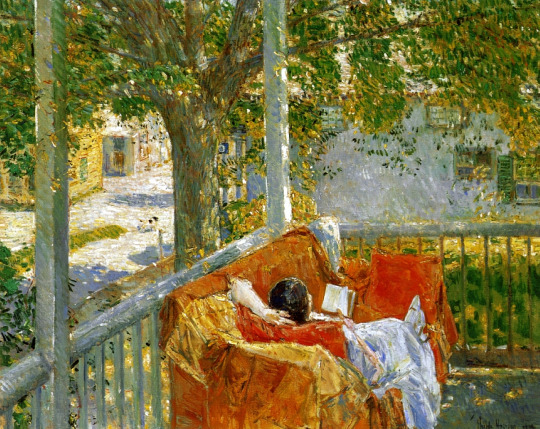
-Couch on the Porch, Cos Cob-
645 notes
·
View notes
Text
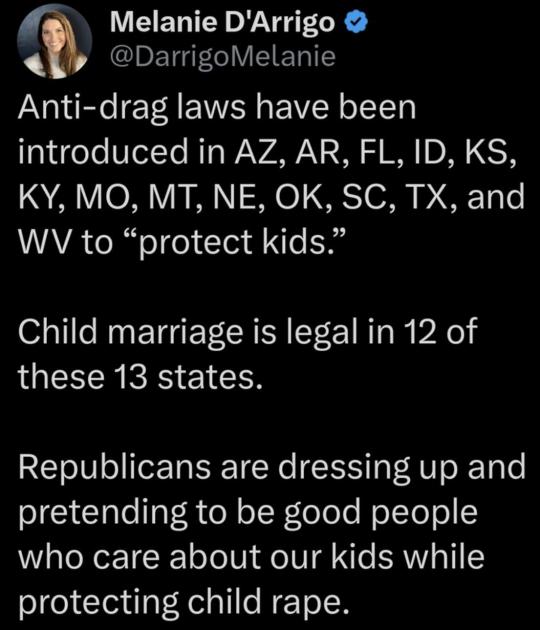
#child marriage#lgbt#lgbtqplus#lgbt pride#lgbtq#lgbtqia#lgbtq community#lgbt fiction#queer community#lgbt community#lgbt memes#queer#queer representation#queer romance#queer ns/fw#queer fiction#queer writers#pride#queer history#queer culture
2K notes
·
View notes
Text
Why we don’t like it when children hit us back
To all the children who have ever been told to “respect” someone that hated them.
March 21, 2023
Even those of us that are disturbed by the thought of how widespread corporal punishment still is in all ranks of society are uncomfortable at the idea of a child defending themself using violence against their oppressors and abusers. A child who hits back proves that the adults “were right all along,” that their violence was justified. Even as they would cheer an adult victim for defending themself fiercely.
Even those “child rights advocates” imagine the right child victim as one who takes it without ever stopping to love “its” owners. Tear-stained and afraid, the child is too innocent to be hit in a guilt-free manner. No one likes to imagine the Brat as Victim—the child who does, according to adultist logic, deserve being hit, because they follow their desires, because they walk the world with their head high, because they talk back, because they are loud, because they are unapologetically here, and resistant to being cast in the role of guest of a world that is just not made for them.
If we are against corporal punishment, the brat is our gotcha, the proof that it is actually not that much of an injustice. The brat unsettles us, so much that the “bad seed” is a stock character in horror, a genre that is much permeated by the adult gaze (defined as “the way children are viewed, represented and portrayed by adults; and finally society’s conception of children and the way this is perpetuated within institutions, and inherent in all interactions with children”), where the adult fear for the subversion of the structures that keep children under control is very much represented.
It might be very well true that the Brat has something unnatural and sinister about them in this world, as they are at constant war with everything that has ever been created, since everything that has been created has been built with the purpose of subjugating them. This is why it feels unnatural to watch a child hitting back instead of cowering. We feel like it’s not right. We feel like history is staring back at us, and all the horror we felt at any rebel and wayward child who has ever lived, we are feeling right now for that reject of the construct of “childhood innocence.” The child who hits back is at such clash with our construction of childhood because we defined violence in all of its forms as the province of the adult, especially the adult in authority.
The adult has an explicit sanction by the state to do violence to the child, while the child has both a social and legal prohibition to even think of defending themself with their fists. Legislation such as “parent-child tort immunity” makes this clear. The adult’s designed place is as the one who hits, and has a right and even an encouragement to do so, the one who acts, as the person. The child’s designed place is as the one who gets hit, and has an obligation to accept that, as the one who suffers acts, as the object. When a child forcibly breaks out of their place, they are reversing the supposed “natural order” in a radical way.
This is why, for the youth liberationist, there should be nothing more beautiful to witness that the child who snaps. We have an unique horror for parricide, and a terrible indifference at the 450 children murdered every year by their parents in just the USA, without even mentioning all the indirect suicides caused by parental abuse. As a Psychology Today article about so-called “parricide” puts it:
Unlike adults who kill their parents, teenagers become parricide offenders when conditions in the home are intolerable but their alternatives are limited. Unlike adults, kids cannot simply leave. The law has made it a crime for young people to run away. Juveniles who commit parricide usually do consider running away, but many do not know any place where they can seek refuge. Those who do run are generally picked up and returned home, or go back on their own: Surviving on the streets is hardly a realistic alternative for youths with meager financial resources, limited education, and few skills.
By far, the severely abused child is the most frequently encountered type of offender. According to Paul Mones, a Los Angeles attorney who specializes in defending adolescent parricide offenders, more than 90 percent have been abused by their parents. In-depth portraits of such youths have frequently shown that they killed because they could no longer tolerate conditions at home. These children were psychologically abused by one or both parents and often suffered physical, sexual, and verbal abuse as well—and witnessed it given to others in the household. They did not typically have histories of severe mental illness or of serious and extensive delinquent behavior. They were not criminally sophisticated. For them, the killings represented an act of desperation—the only way out of a family situation they could no longer endure.
- Heide, Why Kids Kill Parents, 1992.
Despite these being the most frequent conditions of “parricide,” it still brings unique disgust to think about it for most people. The sympathy extended to murdering parents is never extended even to the most desperate child, who chose to kill to not be killed. They chose to stop enduring silently, and that was their greatest crime; that is the crime of the child who hits back. Hell, children aren’t even supposed to talk back. They are not supposed to be anything but grateful for the miserable pieces of space that adults carve out in a world hostile to children for them to live following adult rules. It isn’t rare for children to notice the adult monopoly on violence and force when they interact with figures like teachers, and the way they use words like “respect.” In fact, this social dynamic has been noticed quite often:
Sometimes people use “respect” to mean “treating someone like a person” and sometimes they use “respect” to mean “treating someone like an authority” and sometimes people who are used to being treated like an authority say “if you won’t respect me I won’t respect you” and they mean “if you won’t treat me like an authority I won’t treat you like a person” and they think they’re being fair but they aren’t, and it’s not okay.
(https://soycrates.tumblr.com/post/115633137923/stimmyabby-sometimes-people-use-respect-to-mean)
But it has received almost no condemnation in the public eye. No voices have raised to contrast the adult monopoly on violence towards child bodies and child minds. No voices have raised to praise the child who hits back. Because they do deserve praise. Because the child who sets their foot down and says this belongs to me, even when it’s something like their own body that they are claiming, is committing one of the most serious crimes against adult society, who wants them dispossessed.
Sources:
“The Adult Gaze: a tool of control and oppression,”
https://livingwithoutschool.com/2021/07/29/the-adult-gaze-a-tool-of-control-and-oppression
“Filicide,” https://en.wikipedia.org/wiki/Filicide
#repost of someone else’s content#medium repost#Alba M.#purity culture#ageism#adultism#youth oppression#childism#child abuse#parental abuse#youth rights#youthlib#youth liberation#parricide#nuclear family abolition#anarchism#note: I would consider reevaluating the demonization of adults who kill their parents too#many victims remain entrapped well into adulthood#there are still a lot of issues of economic dependency and control especially for young adults#and I don’t think such a totalizing power imbalance engendered in childhood is so easily levelled#even if an adult does become financially independent#likewise for adult victims of intimate partner abuse: also structurally made difficult for them to leave#even if not criminalized to the same degree#anti-abuser aktion
2K notes
·
View notes
Text
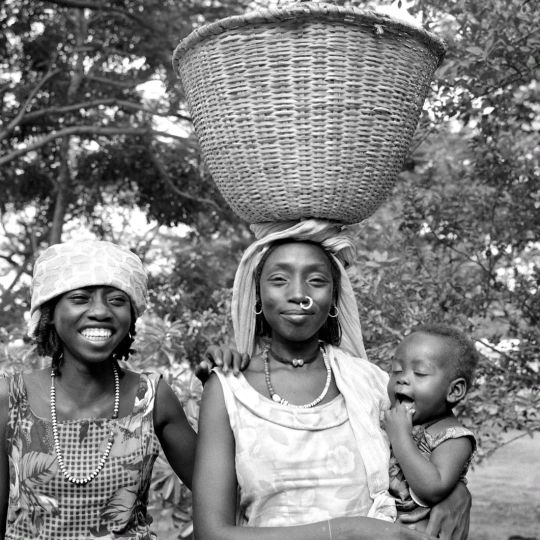
Chad (1968) ©️ Bernard Louhaur
#chadian women and child#📸:bernard louhaur#blackisbeautiful#blackwomen#blackbeauty#blackwomanmagic#blackwomenaredivine#blackwomenarestunning#african culture#blackandbeautiful#cultural practices#cultural heritage#african heritage#african diaspora#africa#africanwomen#africanbeauty#african ancestry#africamatters#afrocentrism#darkskinmagic#melaninvibes#blackgirlmagic#black people#blackgirlaesthetic#black joy#blackpride#blackpower#blacktumblr
465 notes
·
View notes
Text
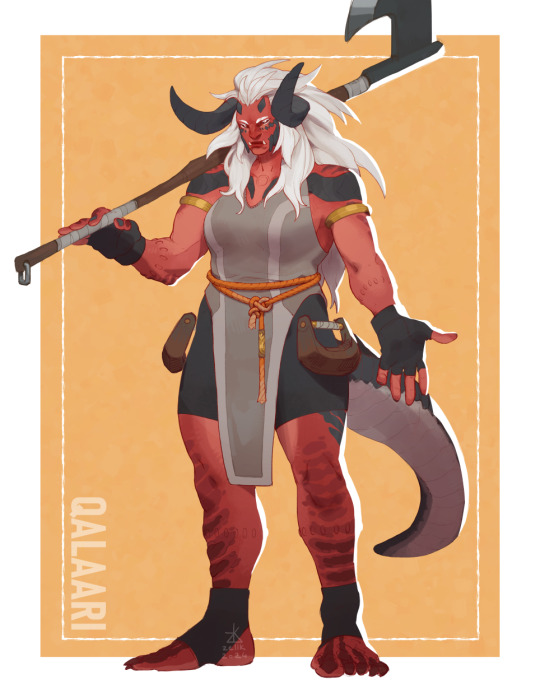
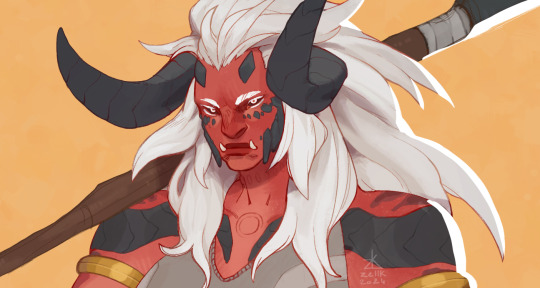
My babygirl Qalaari in FFXIV ! She'd most likely be a half Xaela, half Amalj'aa !
#or maybe a full amalj'aa but being 'a child of two very different people' is kind of a thing about her#raised by her mom but in her dad's culture#estranged from her mom's culture but never met her dad#qalaari#qalaari croquelune#ffxiv#ff xiv#ff14#ff 14#xaela#au-ra#ffxiv au-ra#ffxiv aura
373 notes
·
View notes
Text


#gym jordan#republican hypocrisy#republican family values#sex scandal#republican sex scandal#rape#rape apologist#rape culture#child rape#Republican rape culture#ohio state wrestling#ohio state university
415 notes
·
View notes
Text
Cringe culture ruined being a kid.
I keep seeing the idea that teen members of Gen Z are the last generation to experience an actual childhood and honestly? I agree.
We as a society have made being a child so hostile, so miserable, that kids aren't interested in being young anymore.
How children are constantly told to grow up, how the color has been sucked out of the world, how because of cringe culture children will be fucking torn apart by grown adults all over the internet, how children are experiencing crisis after crisis. Children are shamed for their interests and hobbies and style by grown ass adults and teens who are far too old to be doing this. How kids aren't allowed to be anywhere without being made fun of by adults who are miserable.
Being a child is fucking hostile now, and I don't blame this generation of kids for trying too hard to be mature/grown. Because people treat children like shit, so who would want to be one?
#Childhood#Cringe culture#anti cringe culture#Not entirely sure what#Youthlib#Youth lib#youth liberation#Is but I'm sure it's relevant#Still learning about that lol#Youth#Kids#Children#child development#Bullying#Anti bullying
560 notes
·
View notes
Text
Piper: slay!
Jason: with my teeth or is a sword ok
#jason grace#piper mclean#HE DOESNT UNDERSTAND POP CULTURE#I LOVE HIM#heroes of olympus#percy jackon and the olympians#percy jackson#riordanverse#percy jackson and the olympians#my child <3#jason grace my child#pjo fandom#rick riordan
288 notes
·
View notes
Photo
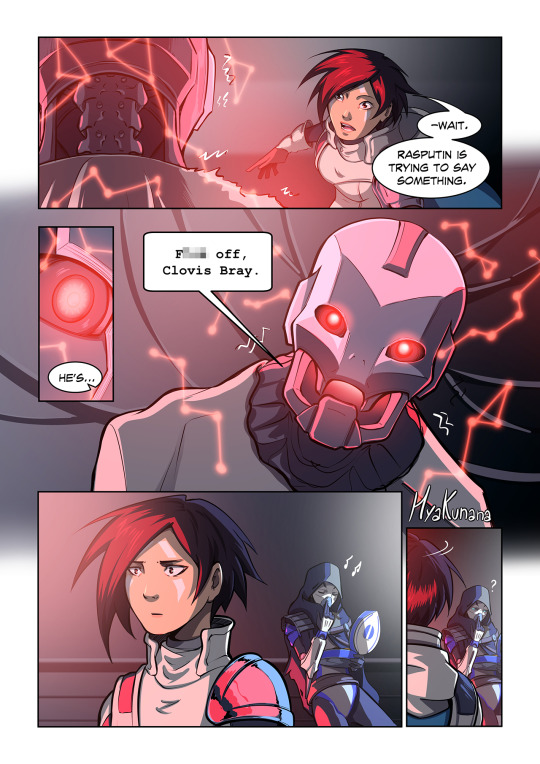

Happy Birthday, Rasputin!!
#destiny#destiny 2#destiny the game#bungie#destiny art#season of the seraph#ana bray#anastasia bray#elsie bray#elisabeth bray#exo stranger#warmind rasputin#I STILL HAVE TWO PAGES LEFT TO DO FOR THIS WEEK RELATED TO THESE ONES BUT I'LL LEAVE FOR LATER#BC I AM TIRED AND I BARELY HAVE ARMS LEFT JKXCHXZCOZXCBINIOX#'clovis bray has deceived you' me: WOW HOLYSH WHO COULD EVER--'#'i was built to take the traveler's place' me: //disk scratch// wAIT HOL D ON WH A T#rasputin cursing clovis... definitely a bray child#ana doing her best to teach culture for rasputin and then comes his aunt to teach him the right words#fun fact the rhulk emote was a last second idea dfghjk i wanted the young wolf to step in dramatically#but then i blinked and 'wow looks like the rhulk kick... what if i--' sdfghjk it doesnt make sense but maybe thats the point#good things of being a middle child-- i know exactly how elder siblings brag on younger ones and how younger ones are 'ok alright stop'#HAPPY NEW YEAR EVERYONE HOPE YOU ALL ALSO HAVE LIKED MY DAWNING COMIC!#BC I DID THESE TWO POSTS IN A SPAM OF A WEEK OR TWO idk how to count anymore xcjhxjbiucz
2K notes
·
View notes
Text
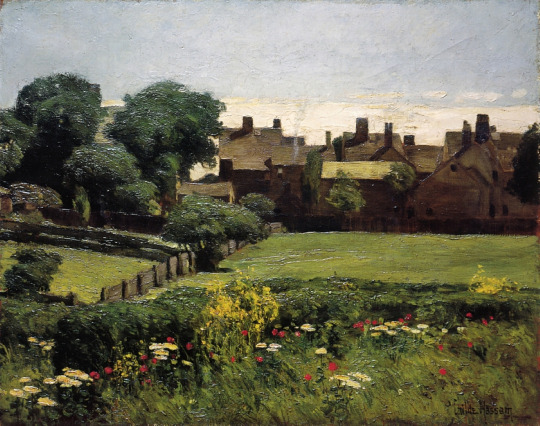
-Village Scene-
421 notes
·
View notes
Text
dick and clark would have such interesting conversations about being ripped away from your culture and your family and about becoming a symbol of hope and resilience in the face of complete loss and all of those fun topics i'm going to pour my feelings about anglo/eurocentrism into those guys any day now
#bruce would let little dick hang around clark a lot bc he knows clark can understand him better in a lot of things#and he just wants dick to not feel so alone#i mean imagine being part of a culture that's ostracized enough as it is#and then your mom (the only connection you have to your culture) is killed#i would be mad as fuck too#little dick was so right about so many things can people please stop pretending like he was just some feral child#dick grayson#robin dick grayson#nightwing#clark kent#superman#dc comics
135 notes
·
View notes
Text
on twitter here and here, forayuarchive has been talking about how LLH & FDB really act like an old married couple, and i couldn't stop thinking about it too. as a native chinese speaker, the level of informality, familiarity and bickering, in how FDB and LLH speak to one another (especially in the later episodes) are reminiscent of how bickering old married chinese couples are often depicted.
when FDB is angry/upset at LLH, he calls him "死莲花" - "Damn Lotus/Damn Lianhua". the way FDB says it is in a manner where you might imagine old spouses scolding one another when nagging/bickering (to clarify, it's not romantic per se, but it's extremely informal & familiar).
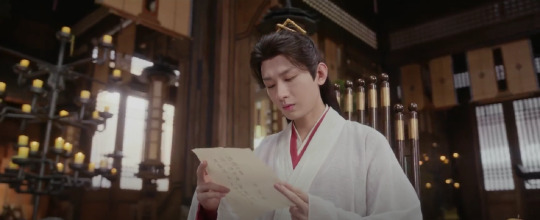
for example, in ep 35, FDB calls him Damn Lotus in the note he left LLH when he went to look for the styx flower. CN fanghua fans on weibo managed to painstakingly transcribe the note (see forayuarchive's tweet about it here with the eng translation) - it's extremely informal and reads like a short note a spouse/partner would write when leaving their shared home in a hurry.
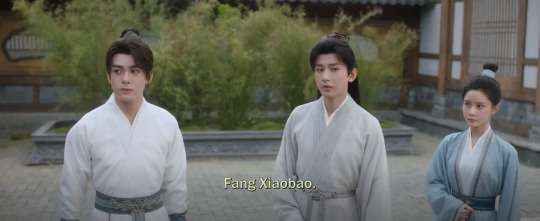
i also still can't believe LLH calls FDB "xiaobao", it speaks for itself. 小宝 Xiao Bao (literal meaning is "little treasure") is usually something you call literal babies/children AND is FDB's family nickname for him so if you're calling a grown man that in front of his parents and his colleagues and strangers and literally everyone, then he's either your biological family or he's your bf/partner. (it's a level of intimacy that would make me feel embarrassed as a third party hearing LLH call FDB that in front of everyone😭)

and not to mention the deleted line of FDB calling a sick/unconscious LLH "xiaohua'er". (see video & meta of the deleted line by forayuarchive here, translation of the deleted line by ttiesanjiao here). xiaohua'er is so intimate, definitely something one might call a lover 😭
(*for more name meta, see forayuarchive's twitter thread meta about all the names that FDB and LLH call one another, and in what situations each particular name is used)
in any case these are NOT what a disciple calls his shifu or a son calls his dad. these nicknames are far too informal and familiar - no son talks to his father like that and no disciple talks to his shifu like that. (now, an angry spouse however...)
(there's also the fact that FDB explicitly rejects their relationship as being anything other than that between 2 adult equals - when LLH jokes that FDB should bow to him as disciple, FDB immediately rejects the idea, saying that he was only joking about wanting to be LLH's disciple, that FDB is too old now. he firmly sees himself as an adult equal to LLH.)
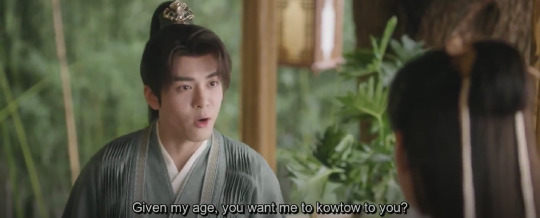
tl;dr within months of knowing each other, LLH & FDB act as familiar as an old couple 10 years married, skipping the entire courtship stage 😭
#fanghua#mysterious lotus casebook#fang duobing#li lianhua#莲花楼#mlc meta#there's more to say about the names they use for each other but this post is alr getting long#sometimes i see ppl saying that LLH and FDB are like dad and son and um... well you can all interpret anything you want#im just saying that as a native chinese speaker the way they talk to each other is NOT shifu & disciple at all#(UNLESS IT'S THE MO RAN AND CHU WANNING KIND OF DISCIPLE AND SHIFU/SHIZUN)#its even less son & dad😭😭 (v much NOT son & parent dynamic like omfg even if a child and parent were v close they would NEVER talk to#their parent like that in chinese culture. NEVER. bc it'd be so rude that at that point ur rejecting ur dad if u call him like that)#(as in straight up not seeing that person as ur dad at all. rejecting them as a parent entirely)#(bc FDB does NOT see LLH as anything other than an equal)#compare FDB & his mom - he is v close to her. he is playful with her but still always calls her Niang ('mother')#edited the post several times im so sorry for how many times i edited this
271 notes
·
View notes